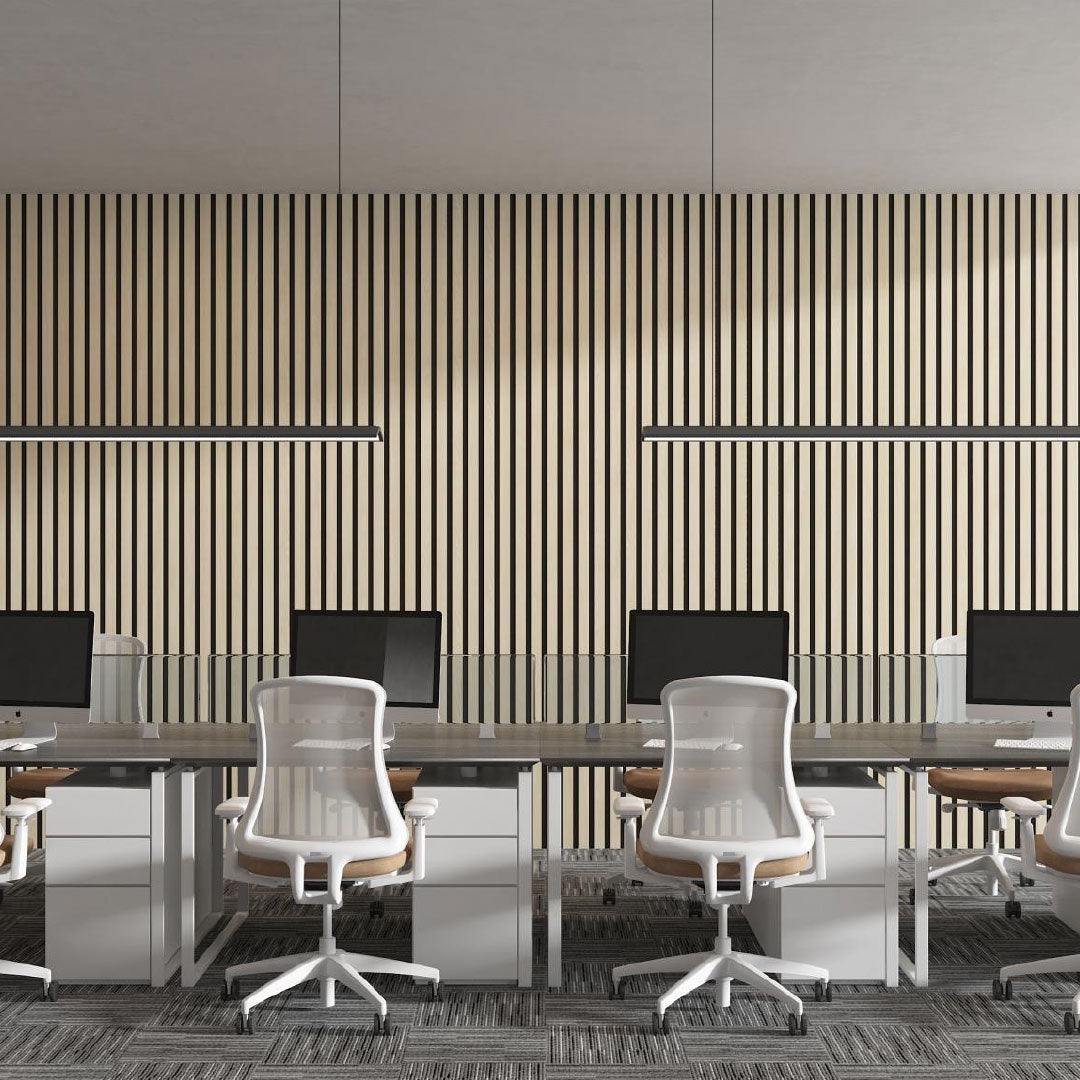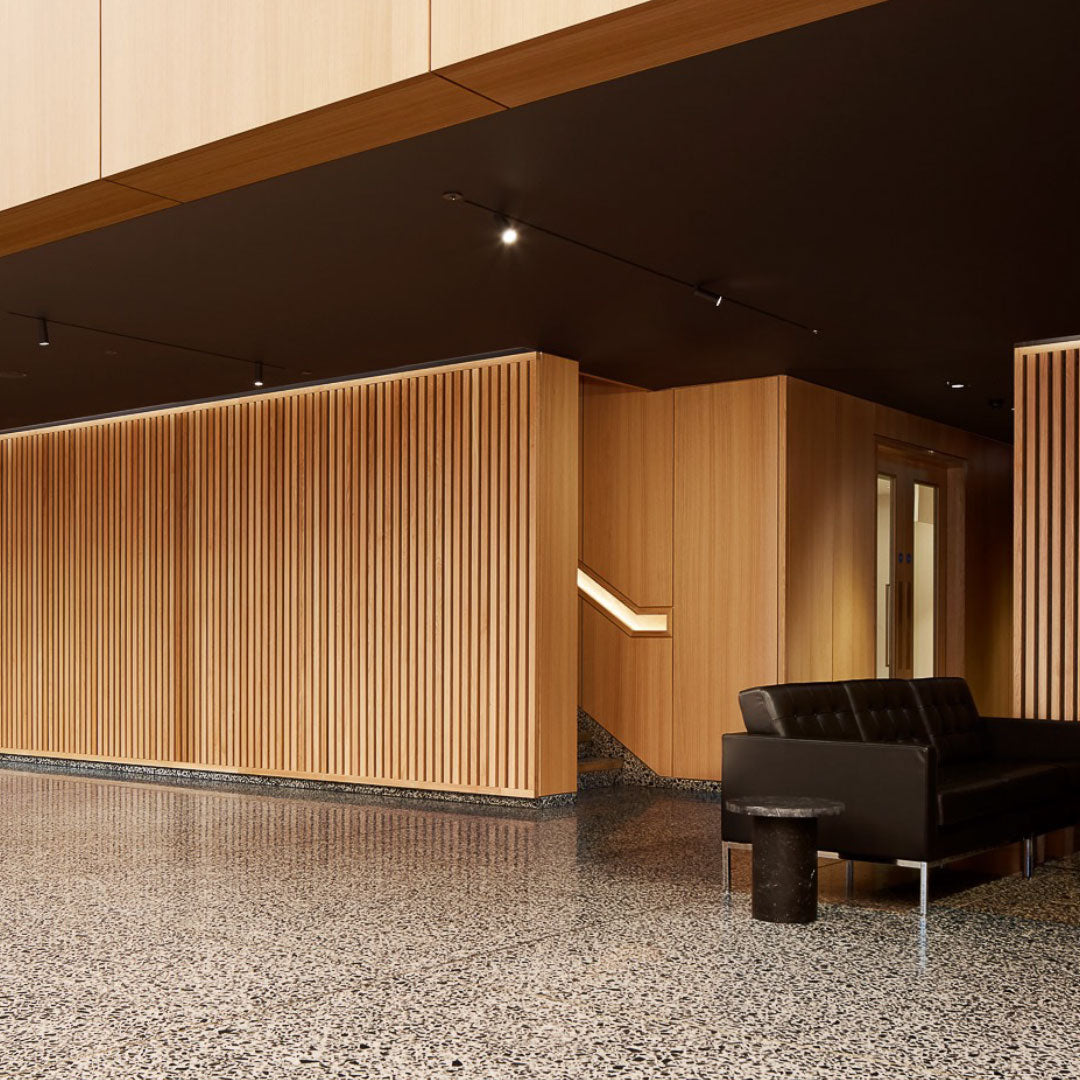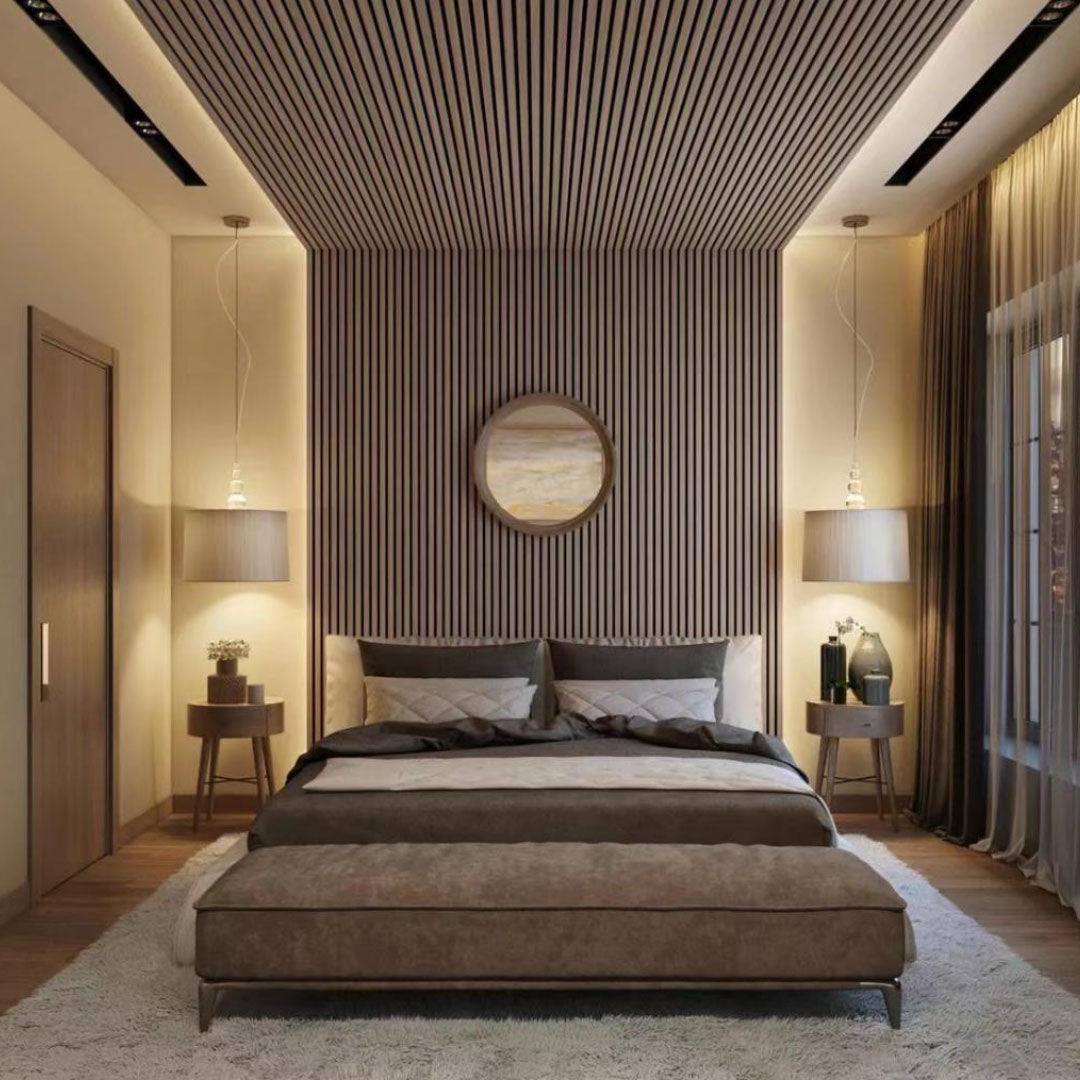Why Composite?
Why Composite?
What is Composite?
Composite materials, also known as composite lumber or composite decking, are an environmentally friendly and cost-effective alternative to traditional timber and wood in building and construction projects. Although composite materials can cost more upfront than timber, they offer a range of benefits over their natural counterparts which can help to offset the initial cost.
Composite material contains recycled materials or natural fibers (like bamboo and reclaimed wood) which do not deplete forests or require the same amount of energy associated with harvesting and manufacturing traditional wood materials. Additionally, composite lumber can be recycled again at the end of its life cycle, reducing its carbon footprint - making it a eco-friendly choice for building material.


Sustainable, Strong and Durable
Due to the composite being made from a combination of wood fibers, bamboo and recycled plastics, such as polyethylene or polypropylene, the result is a strong, durable material that looks strikingly similar to timber but without the same environmental cost.
It is a great alternative to traditional wood decking and decor, offering many benefits such as low maintenance, durability and resistance to rot, decay and insect damage. Composite material is also resistant to fading or staining due to its unique construction that does not require the use of sealants or stains.
Low Maintenance
Composite materials and bamboo products, require minimal upkeep, increasing cost savings over the long term when compared against timber or wood, as they last significantly longer without rotting or needing replacement. As such, composite materials provide a viable cost-effective alternative that is both environmentally friendly and sustainable in myriad ways.
Unlike timber which requires regular maintenance such as sanding down surfaces for a smooth finish and applying treatments like varnishes and sealants to protect against moisture damage, composite materials are virtually maintenance free. This not only saves time and money in upkeep but also reduces the environmental cost associated with producing these chemical treatments which can be bad for indoor air quality and the environment at large.


Resistant
In addition to being easy to maintain, bamboo and composite materials are extremely weather resistant thanks to their plastic components which don’t absorb moisture like wood does. This means they won’t swell or rot due to exposure to high humidity or heavy rain, making them ideal for outdoor applications like decks and patios where they will be exposed to extreme conditions year round.
Finally, composite materials have superior strength compared to other building materials like pressure treated wood or masonry products. Composite decking boards tend to be thicker than wooden ones so they can handle heavier loads without sacrificing stability—making them perfect for multi-level decks or elevated structures like rooftops in urban environments where weight capacity is critical for safety reasons.
Beautifully Engineered Composite
Overall composite material and bamboo products offer an array of benefits over traditional timber when it comes to building durable structures that last while also being cost effective and more environmentally friendly too. Whether you’re planning on building an outdoor deck or stunning indoor feature wall, consider using composite materials as a long-term solution that gives you peace of mind knowing you’ve made an investment that pays off both financially and ecologically in the long run!




